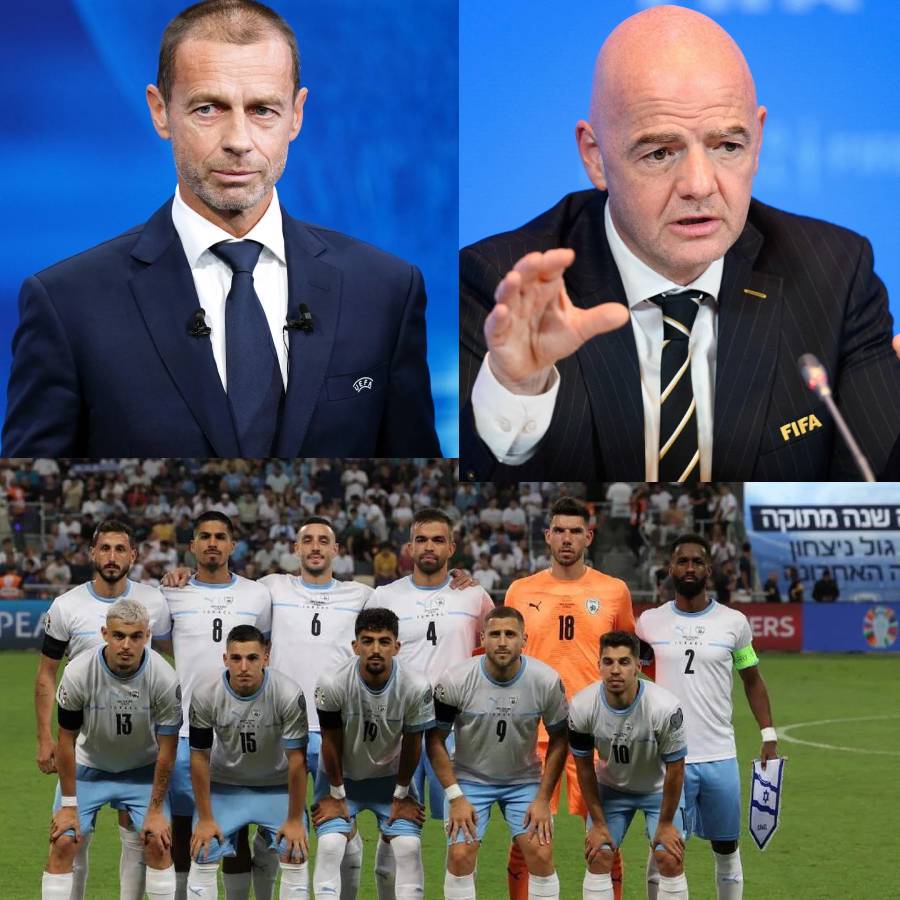In a significant development that resonates across the globe, both FIFA and UEFA have officially confirmed that there will be no suspension imposed on Israel amid ongoing international discussions concerning the current situation in Gaza. This announcement comes after weeks of speculation and calls for action from various footballing stakeholders, reflecting a complex intersection of sports and politics.
Context of International Football Politics
The landscape of international football has been fraught with tension as nations navigate the delicate balance between sportsmanship and geopolitical issues. Following numerous petitions and protests advocating for Israel’s exclusion from international competitions—echoing similar sanctions placed on Russia—FIFA and UEFA have reiterated their commitment to maintaining a level playing field.
Despite the outcry, both governing bodies have made it clear that they do not envision any suspension at this time. This decision allows the Israeli national team to continue its campaign in the 2026 World Cup qualifiers, where they are set to face formidable opponents such as Norway and Italy. The implications of this decision resonate deeply within the African football community, particularly considering how similar situations could impact African teams in future competitions.
African Perspective on Global Football Issues
For African football fans, the intersection of sport and politics is a familiar narrative. Throughout history, various African nations have faced sanctions or exclusions due to political unrest or conflicts. The recent developments surrounding Israel serve as a reminder of the ongoing debates about whether sports should be utilized as leverage in global political disputes. Key figures in African football have often expressed concerns about these dynamics affecting their own countries’ standing on international stages.
“Football should unite us rather than divide us,” remarked Samuel Eto’o, former Cameroon captain and current president of the Cameroon Football Federation. His words echo sentiments shared by many within the African football community who hope for a future where sport can transcend political divides.
The Implications for African Football
The decision not to suspend Israel raises critical questions about the future of competitive integrity in international football, particularly with respect to African teams. As nations prepare for major tournaments like the Africa Cup of Nations (AFCON) and World Cup qualifiers, maintaining a fair competition environment is paramount.
Moreover, this scenario highlights how external factors can influence player availability and national team strategies. With players like Sadio Mané, Mohamed Salah, and others having substantial impacts on their respective teams’ successes, any disruptions could significantly alter their trajectories in upcoming competitions.
Looking Forward: The Future of African Talent
The backdrop of political tensions emphasizes the need for solid foundations within African football to nurture talent effectively. Young players across Africa are looking up to icons who manage to shine despite adversity—showcasing resilience that is crucial for their development.
As nations gear up for qualification matches leading to AFCON 2027, it becomes increasingly important for federations to invest in youth academies and grassroots programs that prioritize skill development over external distractions. Nations such as Senegal and Nigeria are already making strides in this direction, while encouraging collaboration among local clubs can create pathways for young talents to emerge on international stages.
The road ahead may be challenging; however, with strong leadership from both players and federations alike, African football stands poised to continue its upward trajectory amidst global uncertainties.

Leave a Reply